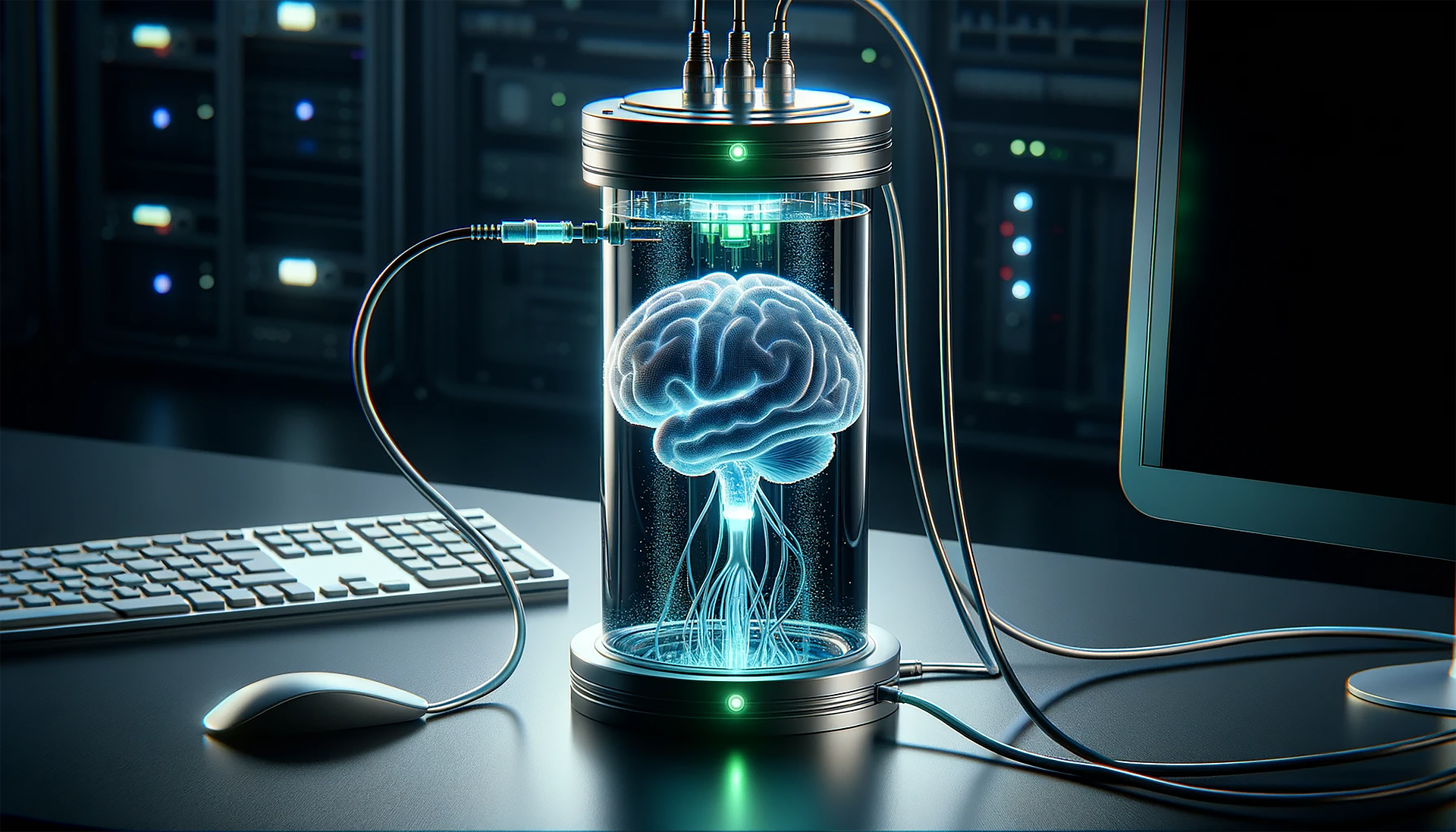Artificial Intelligence in Life Insurance: Ongoing Revolution and 5-Year Outlook
Introduction
Artificial intelligence (AI) is progressively transforming every economic sector, and life insurance is no exception. Thanks to AI, insurance companies can now better assess risks, speed up claims processing, personalize products, and deliver an enhanced customer experience.
But this is only the beginning. In the next five years, AI will play an even more central role in distribution, pricing, prevention, and even the prediction of insurance needs.
What is Life Insurance?
Life insurance is designed to protect individuals against events affecting their health, life, or ability to work. It includes:
- Life insurance
- Disability insurance
- Critical illness insurance
- Long-term care insurance
- Travel insurance
- Group insurance
These products address essential human concerns, where trust and transparency are paramount.
Artificial Intelligence Today in Life Insurance
1. Automated Underwriting and Risk Assessment
AI makes it possible to quickly analyze medical, financial, and behavioral data to build more accurate risk profiles.
Thanks to machine learning, insurers can:
- Assess the probability of death, disability, or critical illness
- Adjust premiums in a personalized way
- Speed up underwriting without a medical exam
2. Claims Processing
Intelligent chatbots and AI assistants can automatically handle simple claims while guiding human experts on complex cases.
3. Fraud Detection
AI is effective in spotting anomalies in claims, saving millions of dollars each year.
4. Product Personalization
With AI, insurers can offer modular and personalized products tailored to each policyholder’s lifestyle.
The Benefits of AI for the Sector
- Improved customer experience: 24/7, fast, and personalized
- Cost reduction: automation
- Better risk management
- Increased competitiveness in the market
The Current Limits of Artificial Intelligence
1. Data Quality
Fragmented, sensitive, incomplete data… all barriers to effective AI.
2. Algorithmic Bias
AI can reproduce human biases, raising fairness concerns.
3. Policyholder Trust
Customers want to understand how decisions are made. Transparency is key.
4. Regulatory Framework
AI is subject to Law 25 in Quebec, GDPR in Europe, and AMF standards. Any AI solution must be ethical and compliant.
What the Future Holds by 2030
1. Predictive Insurance
With connected devices, insurers will be able to prevent rather than cure. Real-time data = smart prevention.
2. Smart Contracts
Based on blockchain, they will allow automatic payments when a triggering event occurs.
3. Dynamic Pricing
Premiums will adjust in real time according to health, lifestyle, and risks.
4. Proactive Assistance
AI will intervene before a claim: health alerts, recommendations, tailored prevention.
5. The Reinvented Human Role
Advisors won’t disappear. Their role will be amplified: listening, strategic advice, emotional support.
Impacts for Brokers and Advisors
They will need to:
- Master AI tools
- Understand algorithms
- Automate prospecting
- Focus on the human connection
Technology + Relationship = Success
AI and Ethical Issues
- Denying coverage based on AI: acceptable?
- Sensitive data: where to draw the line?
- Algorithm transparency: a necessity
Insurers must implement robust ethical charters and work with regulators.
Summary Table
| Aspect | Today | 2025-2030 Horizon |
|---|---|---|
| Underwriting | Semi-automated | 100% automated |
| Claims | Chatbot / form | Automated smart contracts |
| Pricing | Based on questionnaire | Real-time data |
| Prevention | Health programs | Personalized AI coaching |
| Customer relationship | Multichannel | Virtual agents + human advisors |
Conclusion: A Revolution to Embrace
Artificial intelligence is rapidly transforming life insurance. For insurers, brokers, and above all clients, this is an opportunity to reinvent human protection.
By 2030, insurance will no longer be just a contract, but an intelligent partner for your health and financial future.
At Hypothek.ca, we stay on top of innovations to better support you. The future is here, and artificial intelligence is its accelerator.

